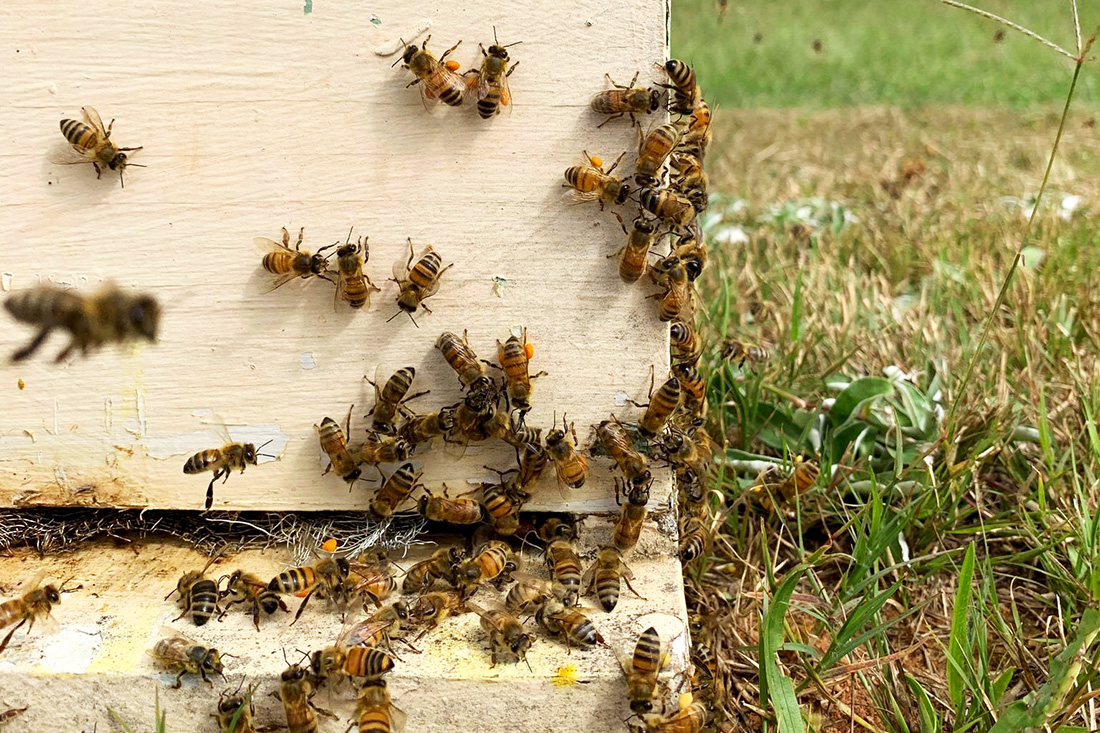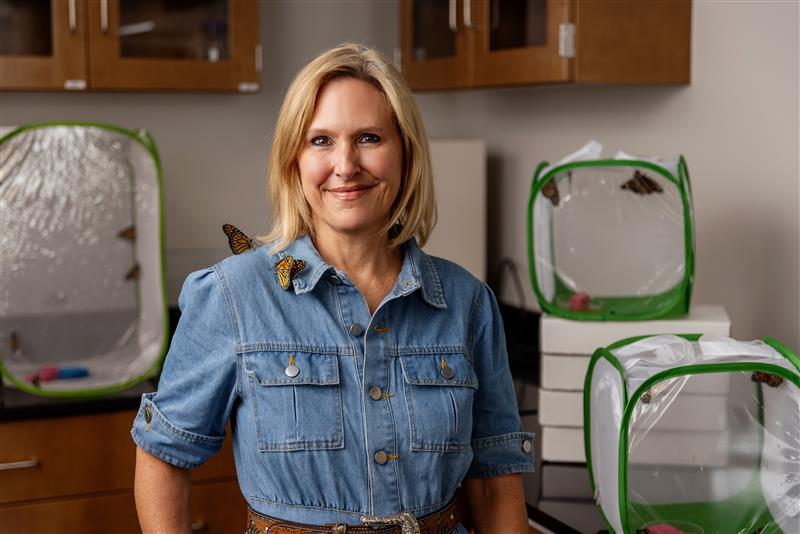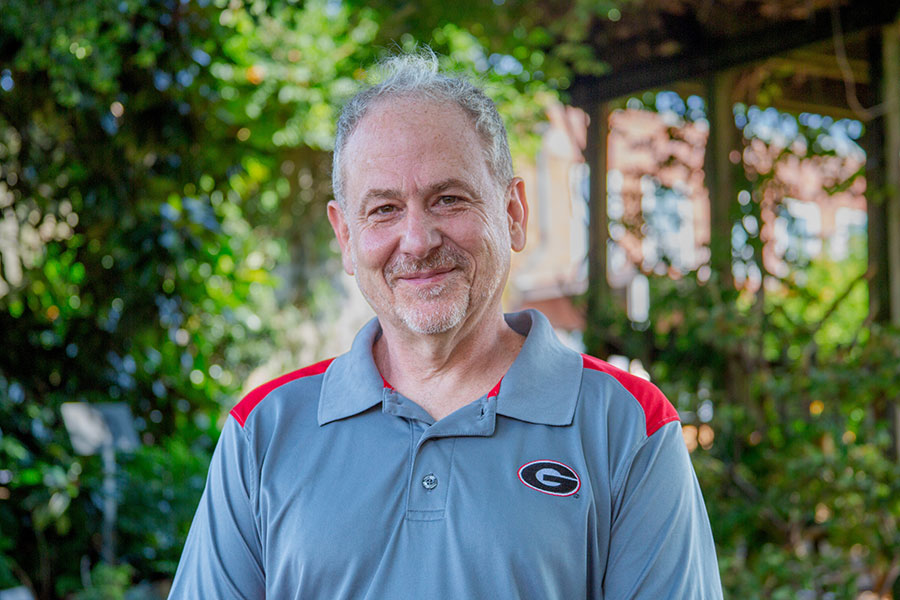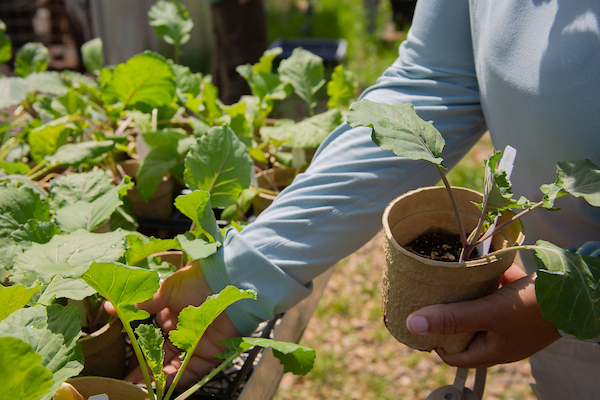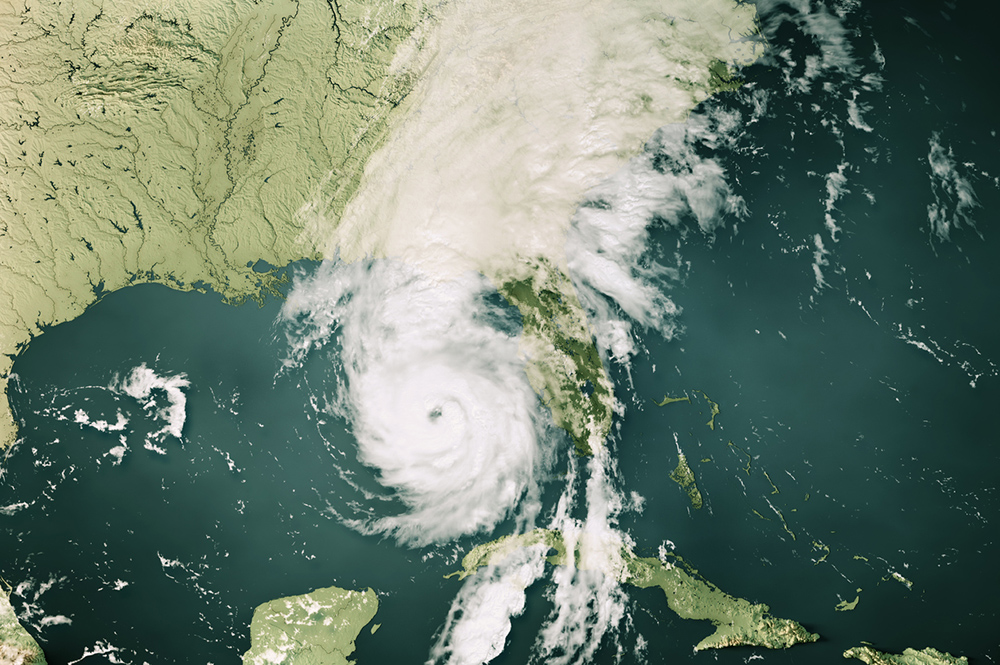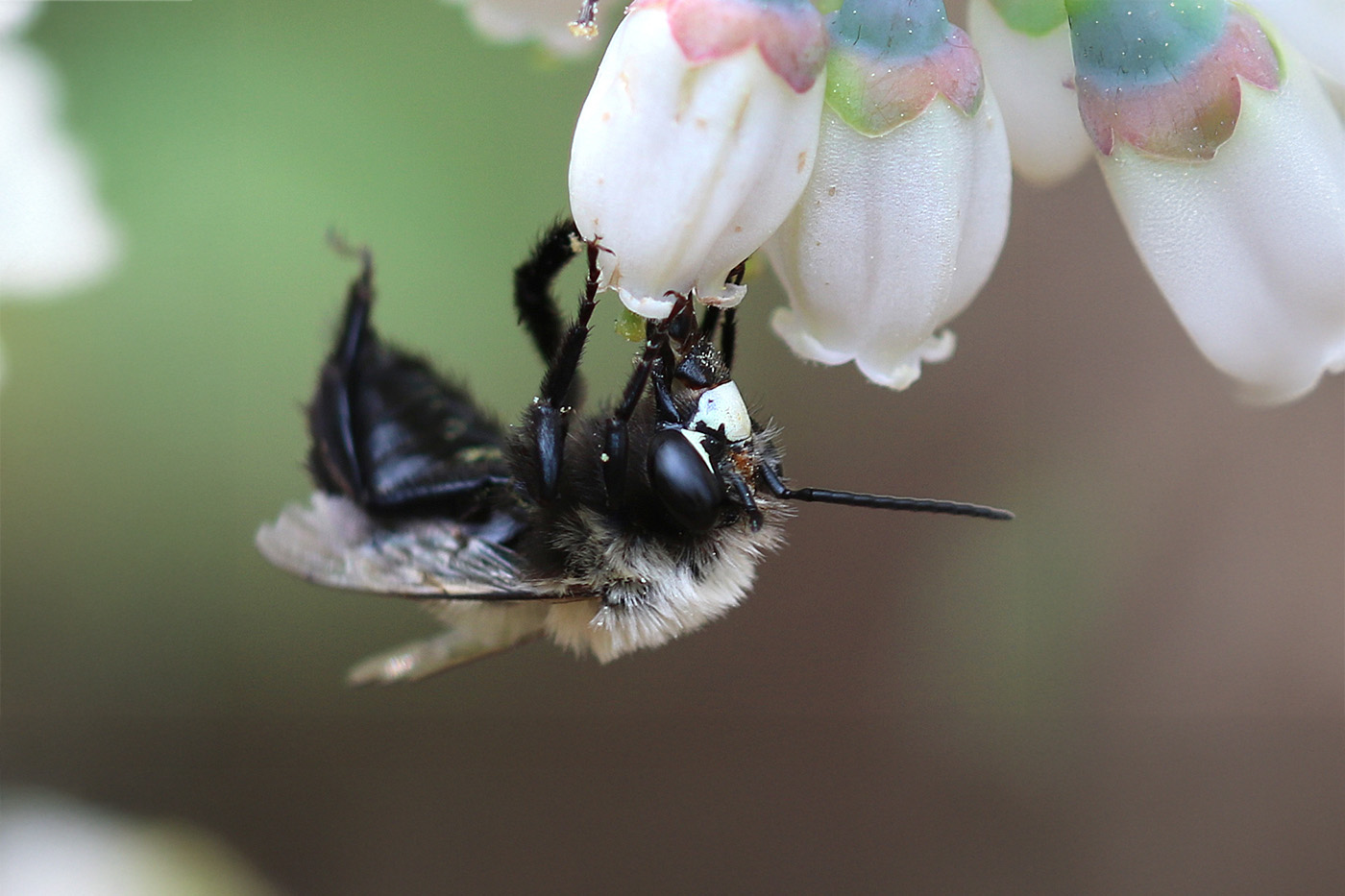 CAES News
CAES News
Collective Good
In Winterville, Georgia, a small market grew into a movement. Meet the people behind the Marigold Collective, where farmers, volunteers and neighbors band together to transform fresh food into shared growth. With support from University of Georgia Cooperative Extension, Marigold Collective is working to make local food more accessible while creating economic opportunities for small agribusinesses.

